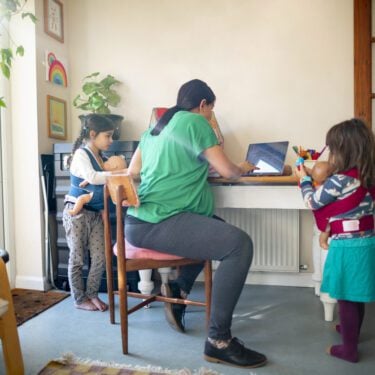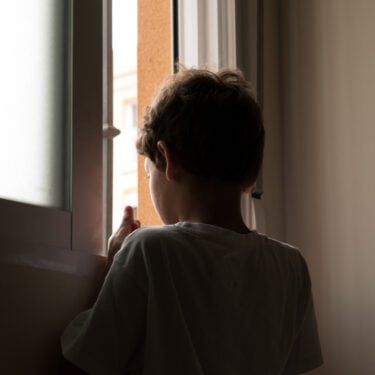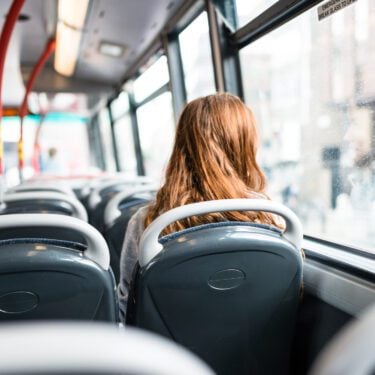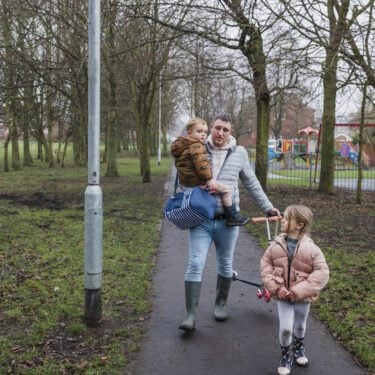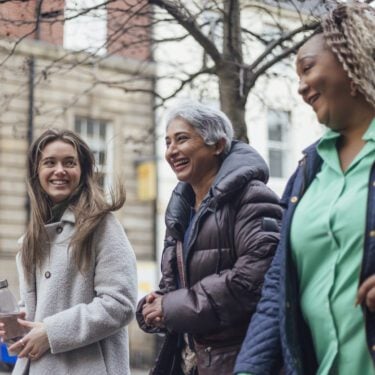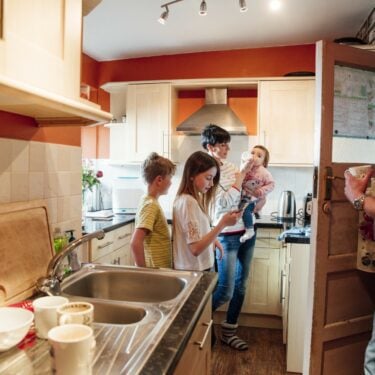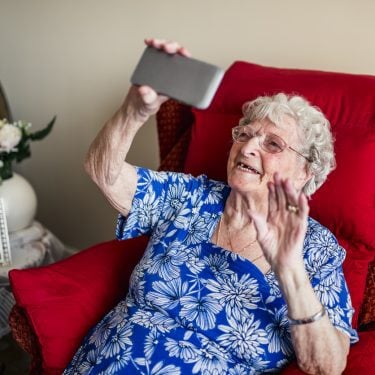A new Nuffield-funded report, published today by the Mzantsi Wakho team from the Universities of Oxford and Cape Town, highlights findings which – when adopted by policy-makers – could make a life-saving difference to young people affected by HIV in South Africa and beyond.
The report will be launched at the 9th Southern Africa AIDS conference attracts over 3000 academics and policy-makers from around the globe. The team from Oxford and Cape Town will be presenting evidence on how to support adolescents living with HIV to take their life-saving medication – daily antiretroviral treatment.
From 2015 – 2018, this multi-disciplinary, mixed-methods team engaged with over 1,600 adolescents, 100 caregivers, and 120 healthcare providers through participatory workshops, in-depth interviews, ethnographic research, and three waves of quantitative surveys. In parallel, a clinic team engaged with over 79 public health facilities collecting data from clinic managers, healthcare providers, and patient files (with appropriate consent).
This report provides the first evidence that key services in lower- and middle-income countries can contribute to multiple Sustainable Development Goals (SDGs) being reached. The United Nations Development Programme (UNDP) has proposed the approach of ‘accelerators’: provisions that lead to progress across multiple SDGs. A recently published article in the Lancet Child and Adolescent Health tests the model of accelerators using Mzantsi Wakho’s data. Three provisions were found to be accelerators for adolescents living with HIV: high parenting support, government cash transfers, and safe schools. Each was associated with positive outcomes across at least three SDGs. This shows clear evidence that simple combinations accelerators can provide even greater SDG impacts, even for adolescents living with HIV.
The report also includes the identification of five interventions that can help STACK the odds for keeping young people attending care. STACK = Stocked clinic, staff with sufficient Time to see adolescents, having someone to Attend the clinic with, enough Cash to get to the clinic, and Kind staff. Cost-effectiveness tests released today show that for services costing an extra ZAR800 (£45) per year per adolescent, we could increase retention in HIV care by 60%.
These findings are helping to design national programs for adolescent girls and young women in South Africa. The combination of ‘Cash + Care’ is already having a major impact across Africa. The researchers hope that joint work with policy-makers this week will bring even more change in how adolescents living with HIV are supported. This report will feed into a major new UKRI GCRF research hub launched earlier this year.
Professor Lucie Cluver, Oxford lead for Mzantsi Wakho said: ‘It’s great to see this report launched today – it’s the fruit of years of hard work from our team and partners, and fantastic input from young people themselves. But we cannot afford to waste time – AIDS is the single largest killer of adolescents in Africa. We’re working closely with our colleagues in government and NGOs to use this evidence to inform life-saving policy.’


























